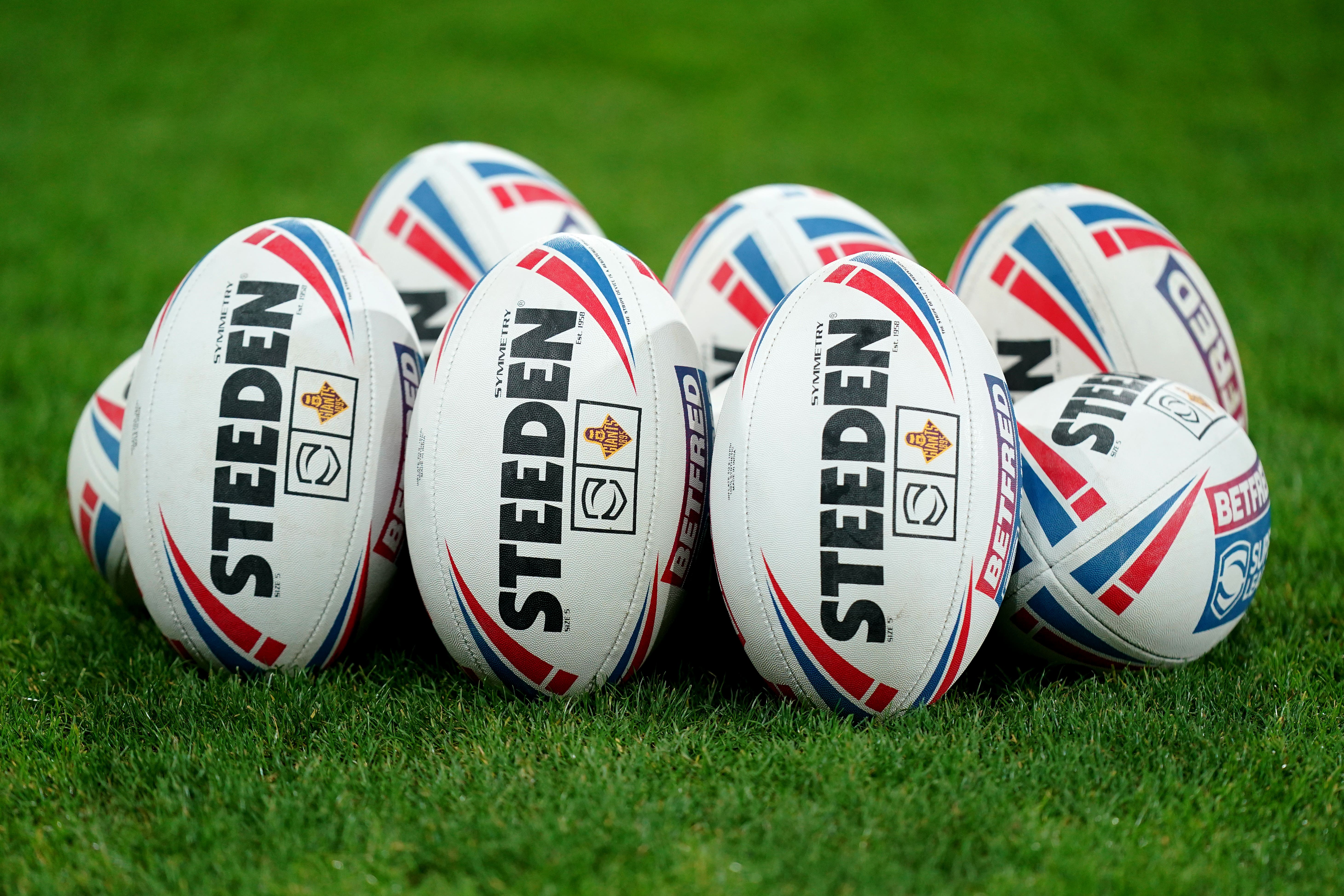Q&A: What does the shake-up of domestic rugby league mean for the sport?
Wednesday’s vote means major changes are in store.

Rugby league’s domestic competition structure will be subject to a major shake-up after clubs voted by a large majority to axe automatic promotion from next season.
The measure is part of wide-ranging recommendations from global sports media company IMG, who have been commissioned to ‘reimagine’ the sport in their role as its long-term strategic partner.
Here, the PA news agency takes a look the potential repercussions of Wednesday’s vote in Huddersfield.
Has promotion and relegation been scrapped?
Clubs can still be promoted and relegated between the Super League and the Championship, but on-field performance will no longer be the major determining factor. Instead, clubs will be given A, B or C gradings based on a points system compiled via a variety of factors, including attendance, catchment, facilities and finance, with match results accounting for around one quarter. Clubs with A grades will be guaranteed a place in Super League, with the remaining places filled by the best-ranked B-grade teams.
When do the new rules come into force?
Clubs will receive so-called ‘dummy’ gradings this autumn, giving them time to adjust and improve prior to the gradings coming into play at the end of the 2024 season. Then, conceivably, the winners of the Championship Grand Final could be denied promotion because they score less overall than the Super League’s bottom club – or even the Championship winners be usurped by a lower-ranked, but higher-scoring, side. The RFL and IMG insist the chances of either eventuality are slim, but it could still happen.
How did clubs vote?
All Super League clubs, with the exception of Catalans Dragons, who are members of the French federation and thus do not have voting rights, voted in favour of the proposals, although Salford had initially abstained. A total of seven clubs from the Championship and League One, including Featherstone, Keighley and Batley, voted against. One of those seven, London Skolars, retrospectively stated that they wished to change their vote to an abstention.
Who were the fiercest critics?
Keighley have publicly railed against the proposals from the start, and co-owner Kaue Garcia was no mood to let up, calling the vote a “tragedy”. Current Championship leaders Featherstone were perhaps the most notable club in the anti-camp, indicating that, while they broadly agreed with the proposals, they wished for automatic promotion and relegation to be retained between B-grade clubs.
Isn’t this just licensing by another name?
The RFL and IMG insist this new ‘reimagination’ differs from previous licensing models in two key areas: one, that clubs will still be provided with a clear pathway by which they can achieve an A grading and thus a Super League place, and, two, that the scoring system will be re-evaulated on an annual basis, meaning clubs could lose that grading – and thus their status – if they fail to continue to adhere to high standards.